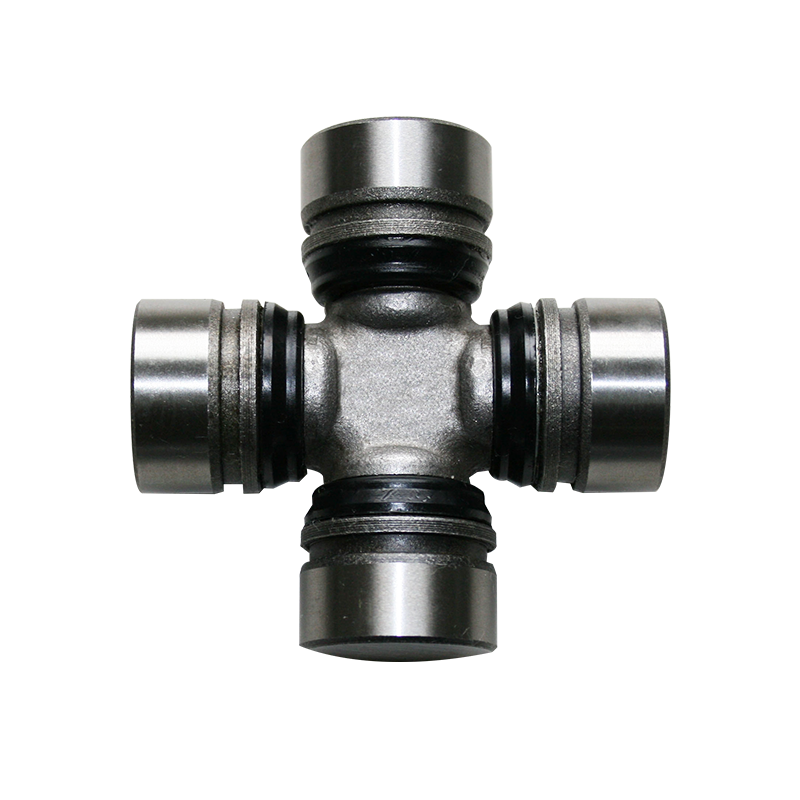The materials used for the bearing cups and snap rings are crucial to the joint's performance, durability, and reliability. These components are central to the U-joint's ability to transmit torque and handle angular misalignments while operating smoothly across a range of applications, from automotive drivetrains to industrial machinery. Choosing the right materials for these parts can significantly affect how the U-joint performs under stress, its resistance to wear, and its overall longevity.
The bearing cups in a U-joint typically need to withstand high levels of friction, pressure, and torque. As such, they are often made from high-strength steel alloys like chrome molybdenum or carbon steel. These materials offer the necessary hardness and tensile strength to resist deformation under heavy loads, making them ideal for high-torque applications. In some cases, the cups may also undergo heat treatment or surface hardening processes, which further enhance their wear resistance and extend their service life. The ability of these bearing cups to withstand wear and tear directly impacts the overall efficiency and maintenance needs of the U-joint. If the material isn't hard enough, the bearing cups may degrade faster, leading to a decrease in performance, increased vibration, or even failure in extreme conditions.
Similarly, the snap rings in a universal joint with inside snap rings play a vital role in securing the bearing cups within the yoke, ensuring that the components stay in place during rotation. Snap rings are typically made from spring steel or stainless steel, both of which provide the necessary strength, flexibility, and resistance to corrosion. Spring steel is commonly used for its excellent tensile strength and ability to maintain its shape under high-stress conditions. On the other hand, stainless steel snap rings are ideal for environments where corrosion resistance is a priority, such as in marine applications or systems exposed to harsh weather conditions. The material of the snap ring affects not only the ease of installation but also how well it holds the bearing cups securely, preventing movement or slippage that could lead to premature failure.

The performance of a U-joint with inside snap rings is greatly influenced by the interaction between the materials of the bearing cups and the snap rings. Steel components can withstand significant stress and force, but friction between the parts can lead to heat buildup, which can cause degradation over time. Proper lubrication is essential in these joints to reduce friction, minimize wear, and maintain the integrity of the materials. Without adequate lubrication, the materials could experience accelerated wear, leading to a decline in joint performance and even failure under load. Additionally, factors like temperature extremes, corrosion, and exposure to chemicals can affect how well these materials hold up over time. For instance, U-joints used in heavy-duty vehicles or machinery might require additional protective coatings on the bearing cups and snap rings to enhance their resistance to the harsh conditions they face.
The materials used for the bearing cups and snap rings in a universal joint with inside snap rings are critical to its performance and longevity. Steel alloys like chrome molybdenum and carbon steel provide the strength and wear resistance needed for the bearing cups, while spring steel and stainless steel offer the necessary durability and flexibility for the snap rings. When paired with the right lubrication and protection against environmental factors, these materials ensure that the U-joint performs efficiently, handles torque and angular misalignments, and provides reliable service for years. Whether you're designing a U-joint for an automotive drivetrain, heavy machinery, or other rotating systems, understanding how material selection affects performance is key to achieving optimal results.

 English
English Español
Español 中文简体
中文简体
















Contact Us